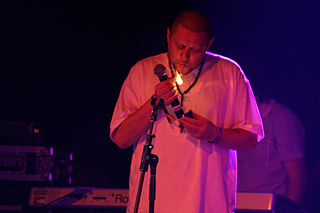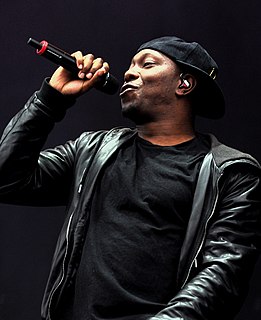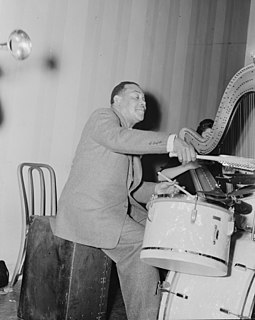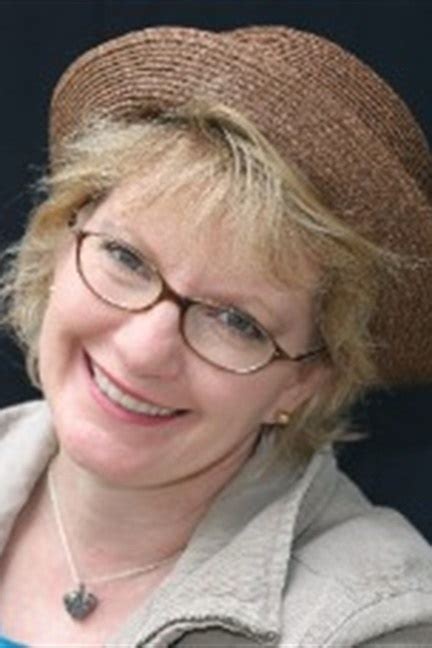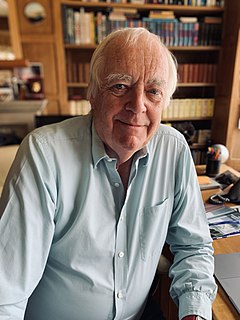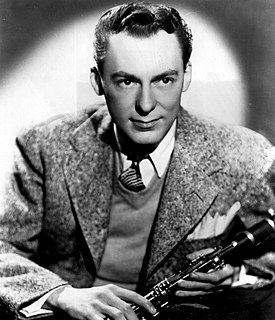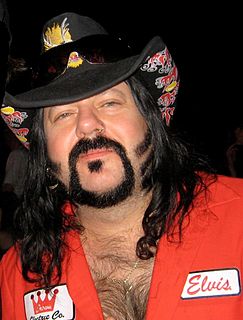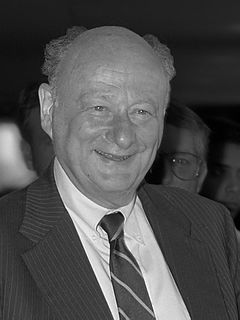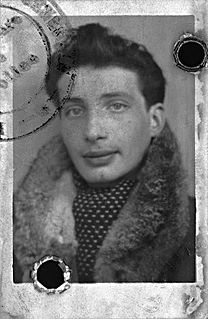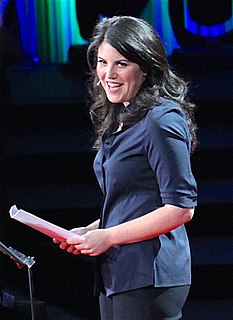A Quote by Shaun Ryder
There were some miles-better bands than us. We were conscious that we weren't the best or the smartest, but we certainly knew how to work the press.
Related Quotes
When I was in high school in the early 1970s, we knew we were running out of oil; we knew that easy sources were being capped; we knew that diversifying would be much better; we knew that there were terrible dictators and horrible governments that we were enriching who hated us. We knew all that and we did really nothing.
There were so many bands in New Orleans. But most of the musicians had day jobs, you know -- trades. They were bricklayers and carpenters and cigar makers and plasterers. Some had little businesses of their own -- coal and wood and vegetable stores. Some worked on the cotton exchange and some were porters. They had to work at other trades 'cause there were so many musicians, so many bands. It was the most musical town in the country.
There was so much on 'Superstar' that we didn't intend. I mean, there were things that we did which were innovative, but some of them were forced on us because we couldn't get anybody to do the show. 'Evita' was much more sophisticated. That doesn't make it better, but it does make it different. We knew what we were doing.
One of the things I know about my family, my generation, and my ethic background is that we put in work and I'm not just talking about just to eat. You have to think about the civil rights movement, they were putting in work; marching, walking miles and miles, sacrificing, getting on the bus, feeding one another, they had schools, voter registration, they were working! They were hard workers so my advice is to work.
I was not afraid of the press or the militants. It was uncomfortable, but I was not afraid. With respect to the press, I knew I knew more than they knew about city matters. With respect to the militants, I understood it. I mean, everybody believed in those days that they were being screwed, you know, that somebody was getting ahead of them.
I got back in my car, starting the engine, then drove off. It wasn't until I pulled onto the highway that it all really sunk it, how temporary our friendship had been. We'd been on our breaks, after all, but it wasn't our relationships that were on pause: it was us. Now we were both in motion again, moving ahead. So what if there were questions left unanswered. Life went on. We knew that better than anyone.
Do you really think you'd win a PR war against a bunch of committed librarians?' He thought about this, but he knew I was right. The libraries were a treasured institution and so central to everyday life that government and commerce rarely did anything that might upset them.Some say they were more powerful than the military, or, if not, they were certainly quieter. As they say: Don't mess with librarians. Only they use a stronger word than 'mess'.
Our enemies didn't adhere to the Geneva Convention. Many of my comrades were subjected to very cruel, very inhumane and degrading treatment, a few of them even unto death. But every one of us - every single one of us - knew and took great strength from the belief that we were different from our enemies, that we were better than them, that we, if the roles were reversed, would not disgrace ourselves by committing or countenancing such mistreatment of them.
